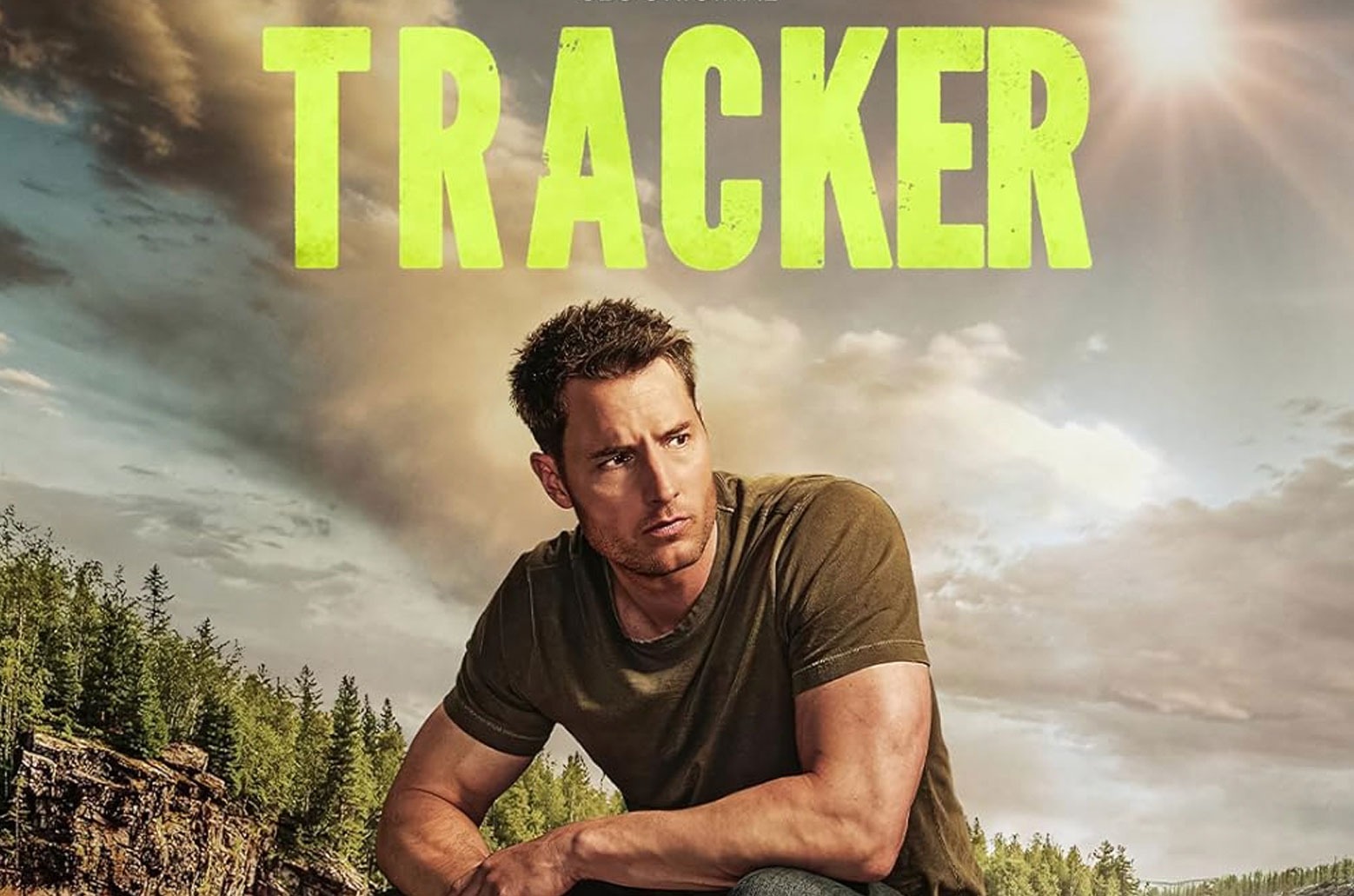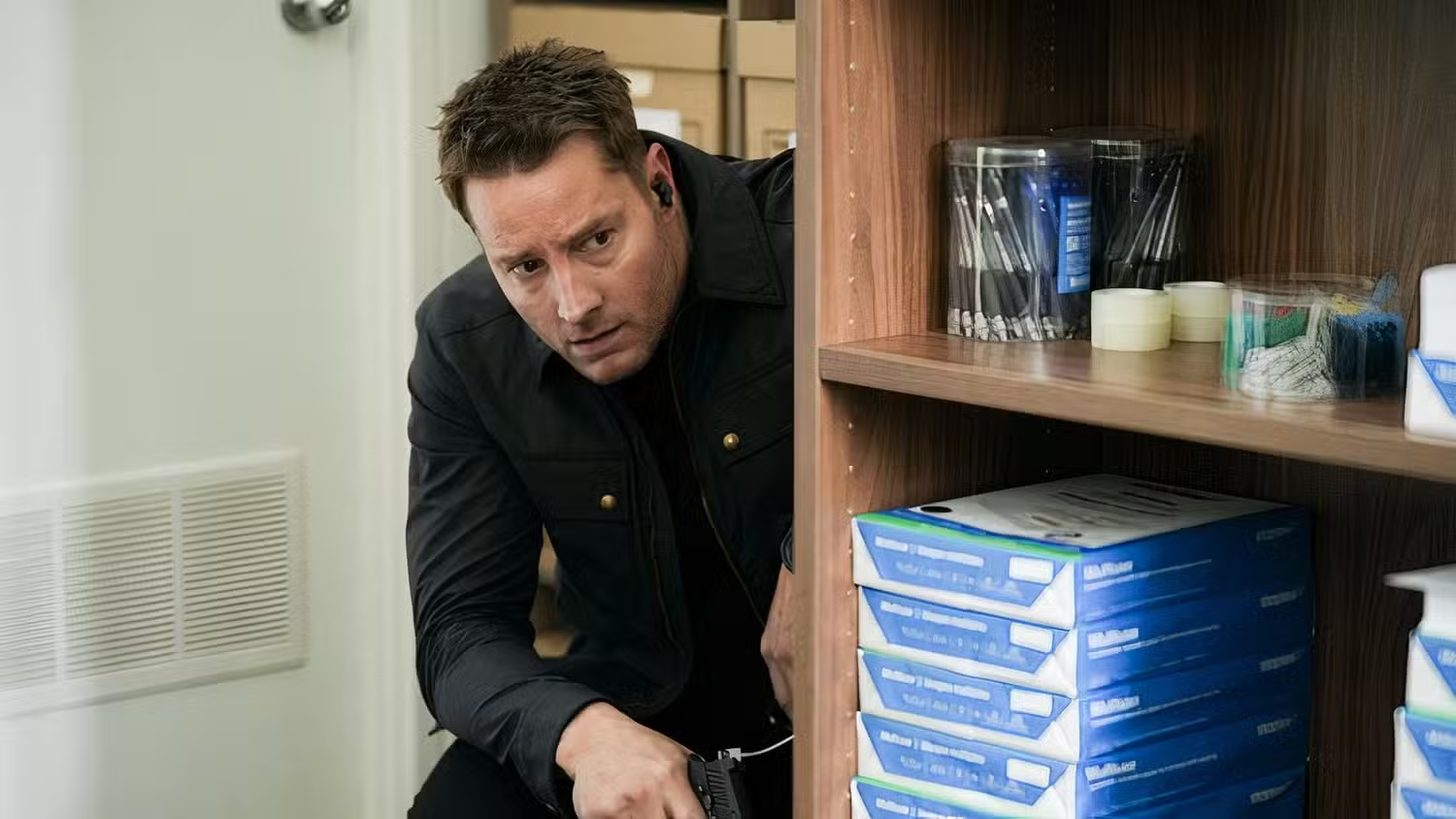
While “Neptune” functions primarily as a standalone episode, there are definitely elements that play into the big mystery. Tracker has made it clear that Colter’s father was involved in some kind of government conspiracy, so seeing Colter investigating off-books government work is an interesting sign of how he may deal with this issue down the road. Of course, this isn’t the first time Colter has tangled with secret operations, and it’s worth noting that of the three that focus on this kind of case (“Neptune”, “Ontological Shock”, and “Off The Books”), this is the first that doesn’t see Russell Shaw make an appearance. This was the most frustrating missed opportunity of the episode, and it’s not entirely clear why the choice was made to leave Russell out of it.
It’s possible, of course, that Jensen Ackles simply wasn’t available, as the Supernatural actor has a packed schedule working on The Boys and Vought Rising. Still, their team-up has led to some of the best episodes of Tracker so far, and his absence in this one was glaring, given the subject.
One of the most important moments in the episode in terms of Colter’s future is right at the end, when Reenie calls him to say she got a letter from the head of this particular organization, “thanking Colter for his service”. This could be taken at face value. He did, after all, help rescue an agent and take down a traitor who was selling government intelligence. However, both he and Reenie think that this is a veiled threat and a reminder that Colter is being watched. I doubt we’ve heard the last of Deputy Director Bartholomew.
Have you ever found yourself glued to a TV screen, piecing together clues from a show that teases a deep, dark government conspiracy? From The X-Files to Stranger Things, Hollywood has long fed our obsession with secret government ops, shadow agencies, and hidden experiments.
But why are these themes so compelling? Maybe it’s because they reflect real-world fears. Maybe it’s because they make the stakes higher, the mysteries deeper, and the thrill even more intense.
Let’s dive into how secret government operations play a pivotal role in the biggest mysteries in TV history!
H1: The Classic TV Formula – Secrets, Lies, and Government Cover-Ups
The idea that the government is hiding something from the public isn’t new. TV writers have taken this premise and run wild with it, creating some of the most engaging and mind-bending storylines ever.
H2: Why Are Secret Government Ops So Popular in TV Shows?
- They create instant intrigue – Who doesn’t love a good mystery?
- They tap into real-life paranoia – The fear of surveillance, manipulation, and hidden truths makes for great storytelling.
- They add a layer of realism – Many of these shows reference real government programs, making them feel eerily plausible.
H1: The Biggest TV Mysteries Fueled by Government Conspiracies
H2: The X-Files – The Ultimate Government Cover-Up
“Trust no one.” If there’s one show that perfected the art of government conspiracy storytelling, it’s The X-Files.
- The mystery: Alien abductions, secret experiments, and a shadowy group known as The Syndicate.
- The government connection: A hidden agenda involving extraterrestrials, genetic engineering, and global deception.
H2: Stranger Things – The Hawkins Lab Experiments
Netflix’s Stranger Things turned government conspiracies into mainstream entertainment.
- The mystery: The origins of Eleven’s powers and the existence of the Upside Down.
- The government connection: Hawkins National Laboratory and its MKUltra-style experiments on children.
H2: Lost – The Dharma Initiative and Its Sinister Purpose
ABC’s Lost was full of mind-blowing twists, and government involvement was at the core.
- The mystery: The island’s bizarre scientific anomalies and time travel theories.
- The government connection: The secretive Dharma Initiative, possibly linked to real Cold War-era experiments.
H2: Fringe – Government Science Gone Too Far
JJ Abrams’ Fringe explored fringe science, parallel universes, and government cover-ups.
- The mystery: Experimentation with unknown technologies that blurred the line between science fiction and reality.
- The government connection: A rogue division of the FBI working with hidden agendas.
H2: Breaking Bad – Was Walter White a Government Experiment?
While Breaking Bad doesn’t scream “government conspiracy” at first, fan theories suggest otherwise.
- The mystery: Was Walter White’s meth production being protected for secret research?
- The government connection: Possible ties between Gus Fring and secret U.S. agencies.

H1: Real-Life Inspiration – When Truth is Stranger Than Fiction
H2: MKUltra – The Real-Life Mind Control Program
Many TV show conspiracies are loosely based on real events. MKUltra, a CIA experiment involving mind control and psychedelics, has directly influenced shows like Stranger Things and The X-Files.
H2: Project Blue Book – Investigating UFOs
The U.S. Air Force’s Project Blue Book was a real-life government study on UFO sightings. Shows like The X-Files and Dark Skies took inspiration from it.
H2: Area 51 – The World’s Most Famous Government Secret
The secrecy surrounding Area 51 has fueled countless TV and movie plots, keeping the alien conspiracy theory alive and thriving.
H1: The Psychology Behind Our Obsession with Government Secrets
Why do we love these shows so much?
H2: The Need for Answers
Humans crave explanations. When things don’t add up, we create theories.
H2: The Thrill of the Unknown
Government conspiracies create high-stakes drama that keeps viewers coming back for more.
H2: Real Fears, Amplified
Many of these stories are rooted in real anxieties about government surveillance, secret experiments, and hidden truths.
H1: Conclusion – The Truth Is Out There… Or Is It?
TV shows thrive on mystery, suspense, and hidden government agendas because they reflect real-world fears and curiosities. Whether it’s aliens, mind control, or secret experiments, these conspiracies keep audiences hooked, episode after episode.
The question is—how much of it is fiction, and how much could actually be true?
